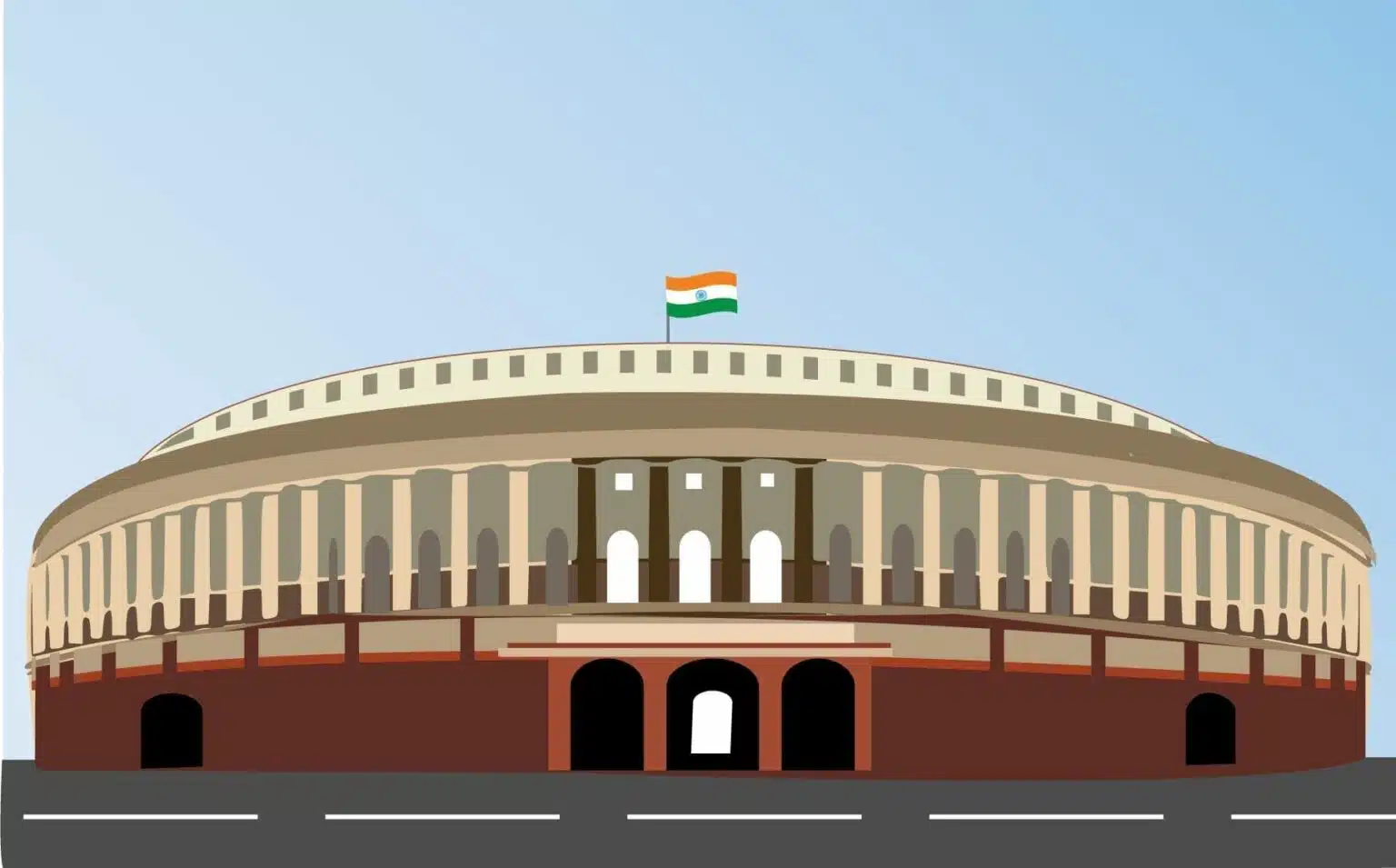New Delhi: In a big development, BJP member Kirodi Lal Meena on friday introduced a private member’s bill on Uniform Civil Code in Rajya Sabha. The Opposition parties protested against the Bill, however, the motion was passed by 63-23 vote split in the Upper House.
What is private member’s bill?
A bill introduced by the Member of Parliament (MP) who is not a Minister, that is, a non-government member is known as the Private Members’ bill. Members of Parliament (MPs) other than ministers are called as private members.

What is Uniform Civil Code?
Article 44 of the Indian Constitution says that the State shall endeavour to secure for the citizens a uniform civil code throughout the territory of India. It comes under Directive Principles of State Policy(DPSP). The Uniform Civil Code (UCC) will be a common law which is equally applicable on all the citizens of India irrespective of religion or community on civil matters such as marriage, inheritance, divorce, adoption among others. In status quo, India has common code on criminal matters which is Indian Penal Code (IPC), not on civil matters. The civil matters are governed by the personal laws of various communities and religions.

What is in the bill?
The Uniform Civil Code Bill, 2020 introduced in Rajya Sabha seeks to constitute a national inspection and investigation committee which will draft the the Uniform Civil Code (UCC). The Opposition parties including Trinamool Congress, Congress, CPI, and CPI(M) protested saying that the UCC will disintegrate India and will destroy the social fabric of India. The Opposition members sought the withdrawal of the bill. Rajya Sabha Chairperson Jagdeep Dhankar called for division of votes and the motion was passed with 63 votes in its favour and 23 against it.
Union Minister Piyush Goyal amid vehement protest from the Opposition said “Let this subject be debated in the House…at this stage to cast aspersions on the government, to try to criticise the Bill, is uncalled-for.”
Samajwadi Party MP Ram Gopal Yadav said that the educational, cultural, religious rights of minorities come under fundamental rights as per Constitution and if centre wants to divide the nation, then they can bring it.












